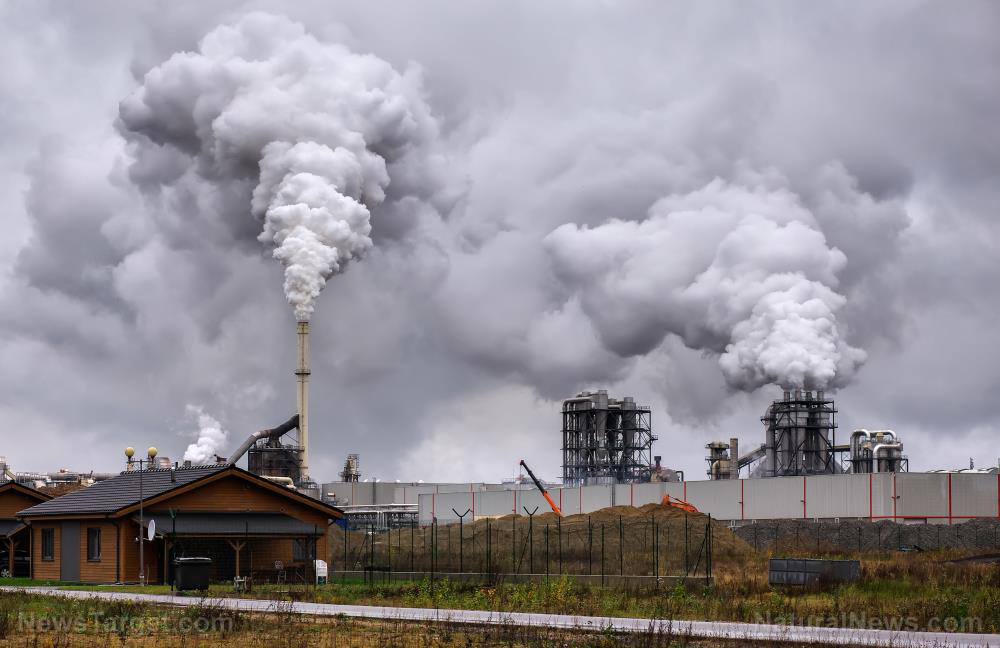
EU companies testing hydrogen fuel
The steel, cement and petrochemical sectors have massive carbon footprints because they require extreme heat during production. Steel, for instance, contributes seven to nine percent of all direct emissions from fossil fuels while cement accounts for around eight percent.
As such, these sectors will play a big role in the EU's goal of reducing greenhouse gas emissions by 55 percent by 2030. This target, which members nations have agreed upon last December, is seen as a stepping stone to the EU's broader goal of climate neutrality by 2050.
With this target in place, many heavy industry companies are exploring hydrogen to reduce their carbon footprints. German steelmaker ThyssenKrupp, for example, is trialing the use of hydrogen in extracting iron, which can lead to carbon savings of up to 20 percent.
The company aims to replace all its blast furnaces (where this extraction process traditionally takes place) by 2050. To that end, it plans to establish a new facility that will use hydrogen or natural gas instead of coke fuel by 2025. The facility will initially produce roughly 440,000 tons a year of "clean" steel and 3.3 million tons by 2030.
Luxembourg-based steelmaker ArcelorMittal also has a number of decarbonization trials underway, including one that tests hydrogen's ability to extract iron at its facility in Hamburg, Germany.
Meanwhile, building materials company Hanson U.K. is experimenting with "green hydrogen" to replace natural gas at its factory in Wales. Its West England plant, on the other hand, is trialling hydrogen along with biomass fuels. According to Iain Walpole, Hanson U.K.'s environmental sustainability manager, the demonstration is meant to prove that using hydrogen can produce high-quality cement.
Chemicals companies are also looking to use hydrogen to power their plants. They already have experience with hydrogen, which is a byproduct of some manufacturing processes. British firm Ineos, for example, produces roughly 330,000 tons of hydrogen a year. Now, the company plans to build a clean hydrogen production hub at its plant in Norway. (Related: DISCOVERY: Egg whites the "missing link" for low-cost production of clean hydrogen fuel.)
Obstacles to a hydrogen economy
Transitioning to hydrogen is not going to be easy because the current infrastructure is not enough to support a "hydrogen economy," or an economy dependent on hydrogen as a low-carbon energy source.
In addition, producing enough hydrogen to power industrial processes will require massive amounts of renewable energy. This is because hydrogen does not exist in its pure form on the planet. It has to be extracted from compounds such as water, hydrogen gas, biomass and alcohol, which takes energy to do so.
According to the Financial Times, producing the 110 million tons of steel that the EU generates using carbon every year will require around 400 terawatt-hours of electricity a year, or 15 percent of Europe's total current consumption. For firms to achieve their emissions target, all of that will have to come from renewable sources. (Related: Can we find a cleaner way to extract hydrogen from water?.)
"It seems very unlikely that any time soon we will have that kind of hydrogen available based on new renewable power generation," said Brian Aranha, ArcelorMittal's vice president and head of strategy.
Geir Tuft, CEO of Ineos subsidiary Inovyn, also thinks that progress will take a while given the amounts of hydrogen needed. "There is a lot of marketing around hydrogen projects. We need to be realistic – we are where the wind industry was 20 to 30 years ago in terms of deployment," Tuft said.
But Julio Friedmann, a senior research scholar at the Center on Global Energy Policy at Columbia University's School of International and Public Affairs, notes that governments and companies have no choice but to overcome these challenges if they wish to decarbonize the heavy industry.
"There are plenty of problems with hydrogen, including scaling up the volumes we need, but that doesn’t matter, it is a must-have," Friedmann opined.
Aaron Goater, a senior analyst at Britain's Committee on Climate Change, believes that state support will be critical in the widespread adoption of hydrogen in the steel and cement sectors. "In the near term we would expect a subsidy mechanism to be necessary to help decarbonize cement and steel," Goater said.
The British government has already promised an investment of more than one billion pounds ($1.3) to support hydrogen projects. According to Friedmann, such state investments are important for building the infrastructure necessary for a hydrogen economy.
"It’s hard and it’s expensive but that is the work. Either governments in Europe pay for that infrastructure or provide incentives to the private sector to do it," he said.
Learn more about the future of hydrogen at Power.news.
Sources include:
Please contact us for more information.























